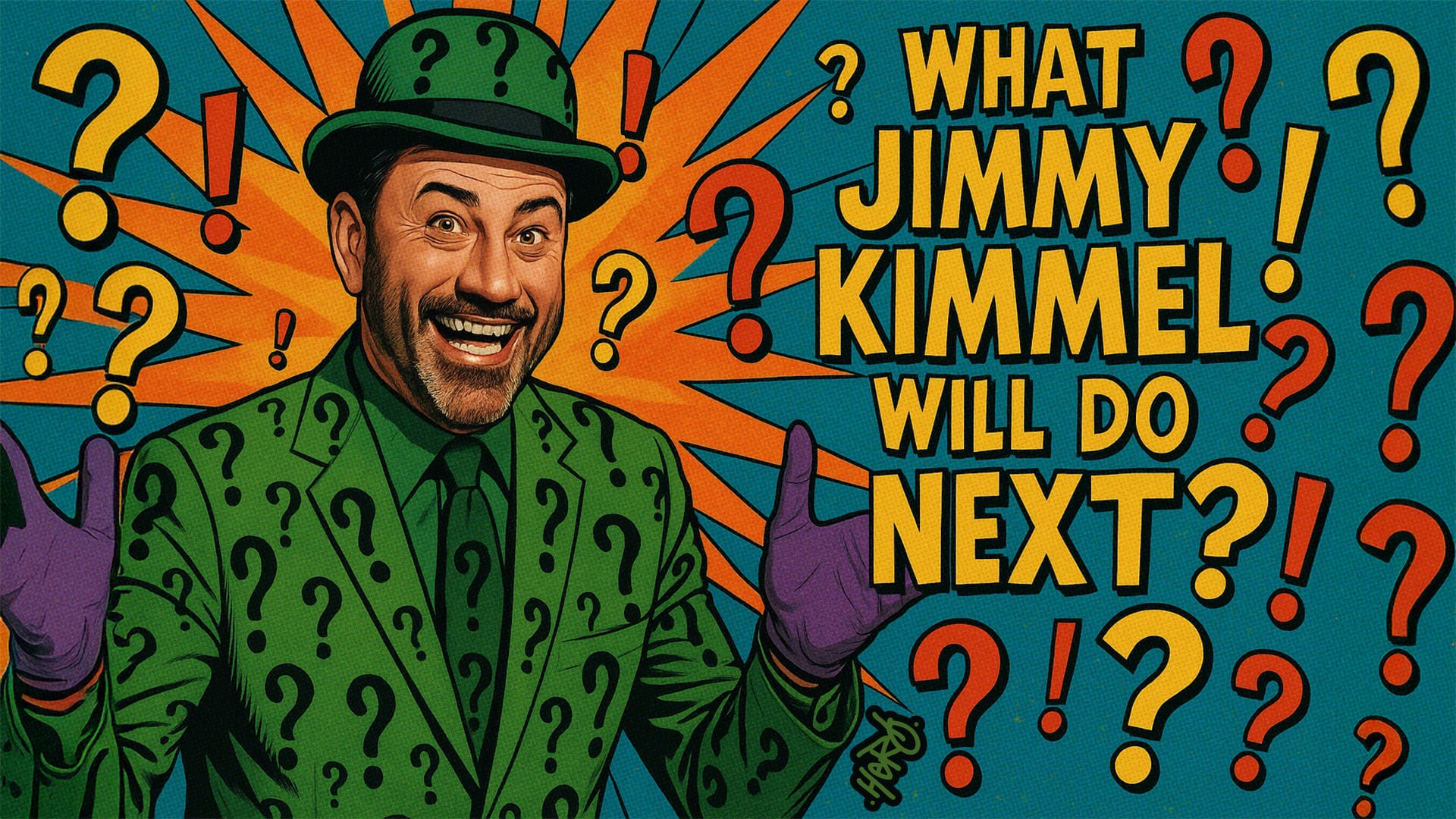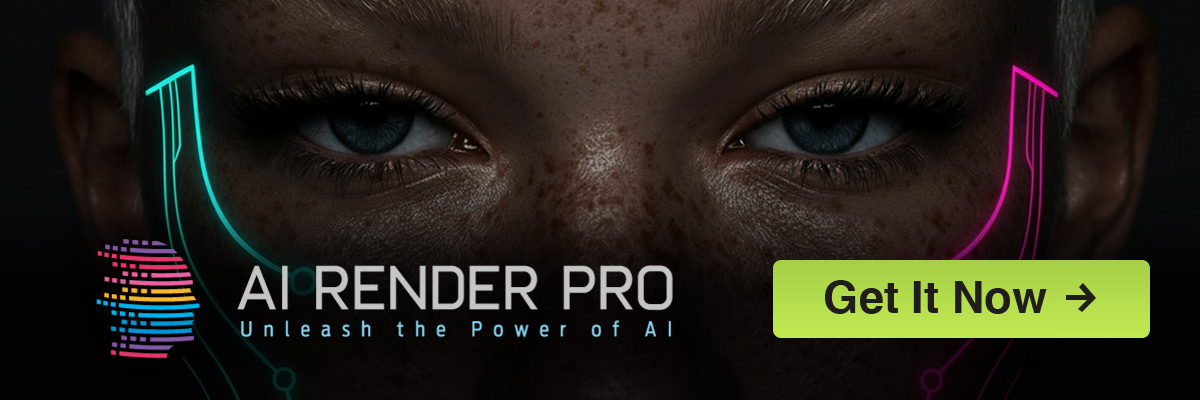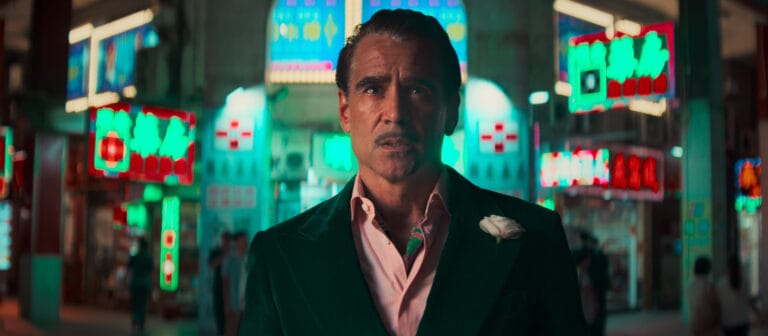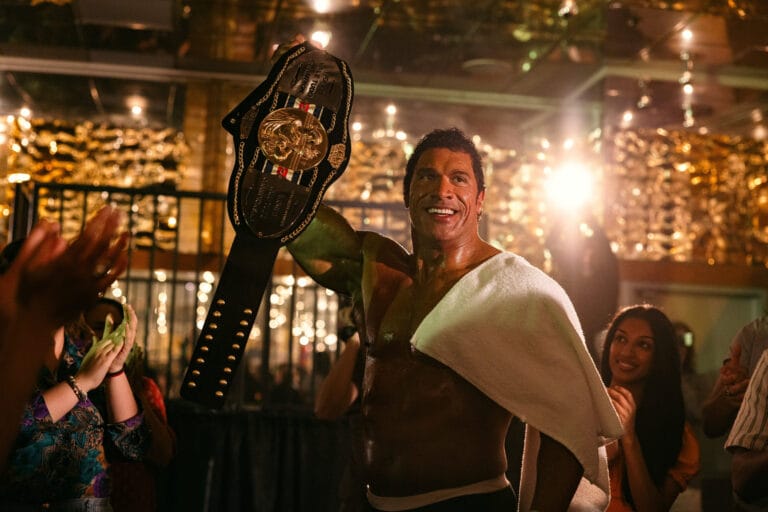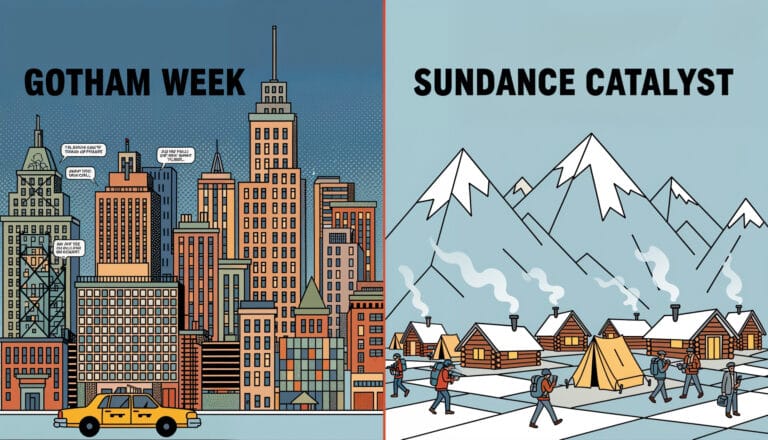I was probably in a hotel room somewhere, deep in a late-night edit, the first time I remember really connecting with Jimmy Kimmel’s show. It was a constant presence, a reliable source of humor and humanity that cut through the noise. For over two decades, it was just… there. A nightly ritual for millions, myself included. So, hearing the news of the show’s sudden cancellation and his departure from ABC felt less like a news headline and more like a landmark being removed from a familiar city skyline. It’s jarring. As a creator, I’ve always admired his consistency and his crew’s incredible output. As a fan, I’m left with a sense of gratitude for the laughs and a deep curiosity about what Jimmy will do next.

More Than a Show, A Nightly Ritual
Late-night television, at its best, is more than just a string of jokes and celebrity interviews. It’s a cultural anchor, a shared space where we collectively process the day’s events. Jimmy’s Live Show was a masterclass in this. It wove itself into the fabric of our lives not just through comedy, but through a kind of consistent, relatable humanity. It was a show that felt crafted by people who genuinely loved making it, and that energy was infectious. It created a sense of community, a club you could join every night at 11:35 PM.
The show’s genius was in its signature segments, which often went far beyond the studio walls. “Mean Tweets” wasn’t just funny; it was a perfect, bite-sized commentary on the absurdity of internet culture. The annual Halloween prank, “I Told My Kids I Ate All Their Halloween Candy,” became a viral tradition, a piece of user-generated content brilliantly packaged for a national audience. But beyond the gags, we saw Kimmel evolve. He could pivot from a hilarious bit with his security guard Guillermo to delivering a raw, emotional monologue about his son’s health care, using his massive platform to advocate for something deeply personal. That blend of sincerity and silliness is incredibly difficult to sustain, yet he and his team did it for over twenty years.
This matters because it’s a powerful lesson in building a lasting creative voice. The show wasn’t just a product; it was a personality. For any of us trying to build something—a film, a channel, a brand—the goal is the same: to create something so authentic that it becomes a reliable part of people’s lives. The practical takeaway is to find the intersection between what you’re passionate about and what your audience connects with. Kimmel didn’t just chase trends; he created traditions. That consistency is what builds loyalty that lasts far beyond any single project or platform.

The Unstable Ground of Modern Media
The abrupt end of a show as established as Kimmel’s is a stark reminder of the volatility of the modern media landscape. The days when a successful show could expect a graceful, planned-out farewell tour are fading. We are in an era of consolidation, budget cuts, and intense pressure from parent corporations—in this case, Disney—where even long-running institutions are not safe. The very nature of broadcast television is being challenged by a fragmented audience that has endless options across streaming, YouTube, and TikTok.
This isn’t an isolated incident. We’ve seen this shift happening for years. Conan O’Brien’s journey from network television to cable and finally to a more intimate format on streaming and podcasts was a bellwether. Trevor Noah voluntarily stepped away from “The Daily Show” to explore other creative avenues, recognizing the grueling demands of a nightly broadcast. The old model is under immense strain, and creators are increasingly caught between corporate mandates and their own creative integrity. The stage is shrinking, and the rules are being rewritten in real-time.
For creators, this is a critical, if harsh, reality check. You cannot build your entire creative house on rented land. A television network, a YouTube channel, a social media account—these are platforms, not foundations. They can be taken away in an instant. This is why cultivating a direct relationship with your audience is the most important work you can do. It’s about building a mailing list, a personal website, a community that is platform-agnostic. It’s a principle I try to live by with my own work on the blog and my creative tool and store. The platform is the vehicle, but the community is the destination.
The Creator’s Second Act
So, what happens when the main stage is taken away? For a creator of Kimmel’s stature, this isn’t an ending; it’s a plot twist. It’s a forced opportunity to shed the skin of a legacy format and explore a new frontier. History is filled with artists who did their most interesting work after a major professional upheaval. The constraints of a nightly network show—the relentless schedule, the advertiser approvals, the FCC regulations—are immense. Freedom from those constraints, while daunting, can also be creatively liberating. This is the moment to ask the most exciting question: what Jimmy Kimmel will do next.
Think of the precedents. Jon Stewart, after leaving “The Daily Show,” returned with a thoughtful, deep-dive series on Apple TV+ that felt like a natural evolution of his voice. Conan O’Brien’s podcast, “Conan O’Brien Needs a Friend,” is arguably more personal, hilarious, and creatively fulfilling than his network shows ever were. These creators took their loyal audiences with them and built new homes on new platforms, often with more creative control and a more direct connection to their fans.
This is the blueprint for resilience in the creator economy. It’s about understanding that your name, your voice, and your relationship with your audience are your most valuable assets—not the time slot you occupy. The practical lesson here is to never stop experimenting. Even when you have a successful format, keep testing new ideas on the side. Start a small side-project, learn a new skill, explore a new medium. That way, if your main stage ever disappears, you’re not starting from scratch. You’re just stepping onto a different one you’ve already been building. It’s a philosophy that drives my own explorations in AI Filmmaking and other new creative pipelines.

Conclusion
An era of late-night television has ended, and it’s worth taking a moment to appreciate what it was. But as a creator, I find myself more energized by the possibilities than saddened by the loss. Jimmy has spent two decades mastering a specific format. Now, he has a blank canvas. He has the talent, the team, and a massive, loyal audience ready to follow him anywhere. He could build a new media empire, a podcast network, a production company, or something we can’t even imagine yet. Whatever he chooses, it will be his own. And that is the ultimate goal for any of us on this creative journey. So, I’ll be watching closely, not just as a fan, but as a fellow creator, curious and excited to see what Jimmy Kimmel will do next. What do you think his next move should be?
If you’re on your own creative journey, navigating the ups and downs, I share my own experiments and tools on the blog. Resources like my AI Render Pro are born from that process of constant learning.
FAQ
Why was Jimmy’s show actually canceled?
Based on initial reports, the decision was a sudden one from ABC’s parent company, Disney. The situation appears to stem from a controversial monologue that network executives deemed to have crossed a line, leading to his immediate suspension and the subsequent cancellation of the show amid public and affiliate pressure.
What will happen to “Jimmy Kimmel Live” time slot?
ABC has not yet announced a permanent replacement. In the short term, the network is expected to air reruns and guest-hosted specials while they formulate a new strategy for their late-night programming block. His current contract was set to run through the 2025-2026 season.
What are some of Kimmel’s most memorable moments?
Beyond “Mean Tweets” and the Halloween candy prank, his long-running “feud” with Matt Damon, his emotional monologues on healthcare and public tragedies, and his multiple well-received stints hosting the Academy Awards are considered highlights of his career.
Discover more from Olivier Hero Dressen Blog: Filmmaking & Creative Tech
Subscribe to get the latest posts sent to your email.

